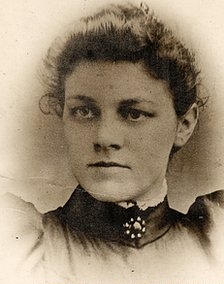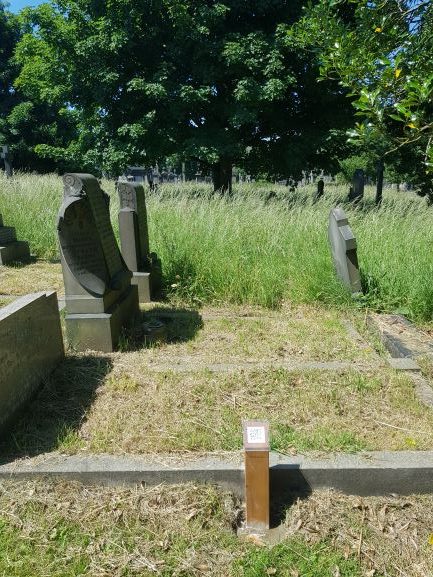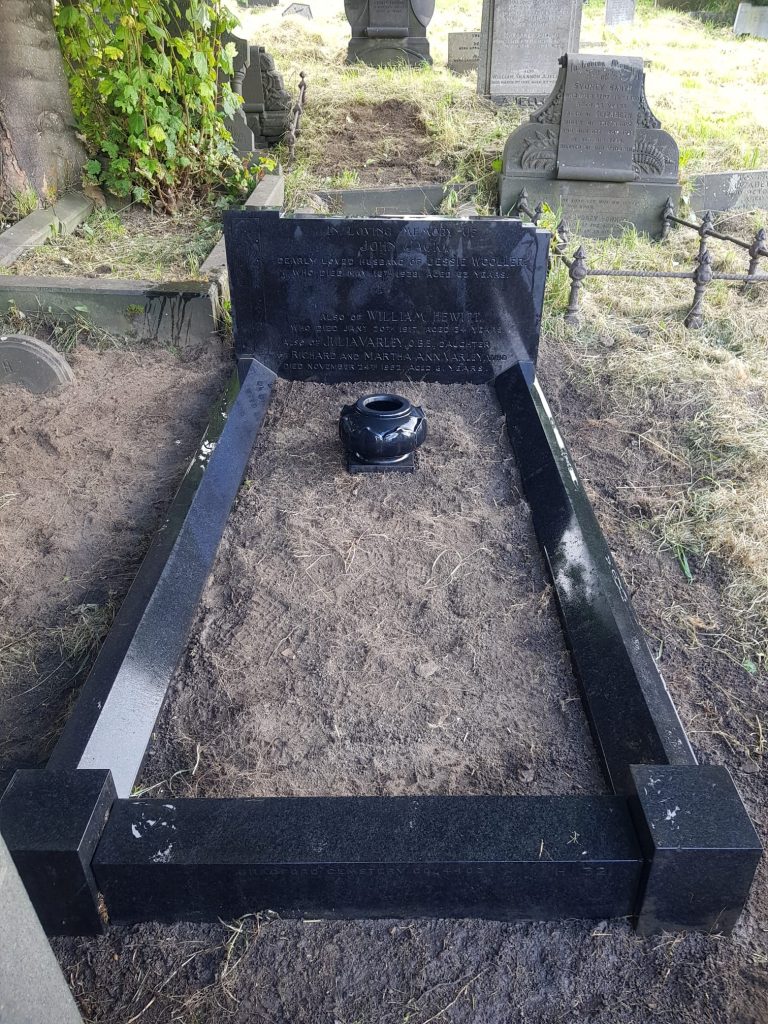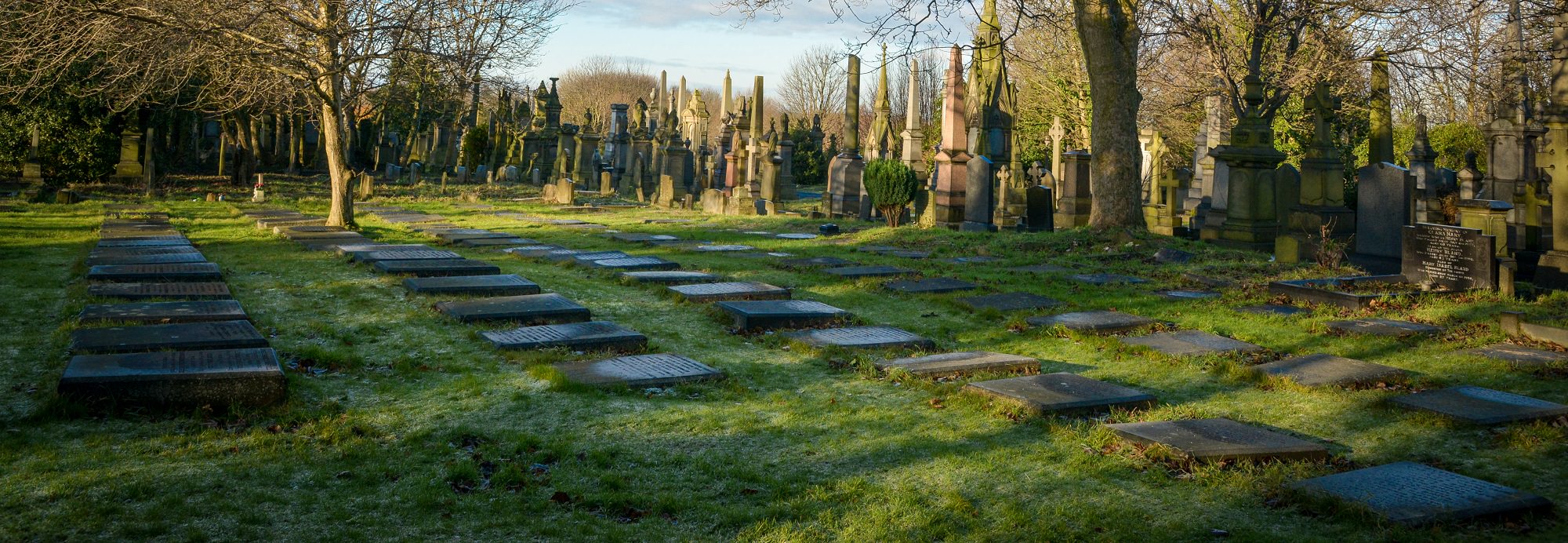Julia Varley


Julia Varley was born on 16th March 1871 to Richard and Martha Ann Varley and lived in Horton Bradford. Julia was one of 7 children born to the Varley’s [9 children are noted with only 7 still living on the 1911 census].
Her father Richard worked as an “Engine Tenter” [oversaw the operation of the engine driving the machinery] at a local woollen mill. At about 12, she started work in the local mill as a sweeper and soon joined the General Union of Textile Workers. Julia’s maternal Grandfather, Joseph Alderson, was a veteran of the Peterloo campaign and it maybe that she inherited the desire to improve worker’s rights.
In the 1891 Census, Julia 20, is noted as a ‘Worsted Weaver’ probably earning about 1s 6d per week, and during this time she supported textile workers at Manningham Mills through a strike over low pay and poor working conditions. She actively encouraged workers to join a union, already showing her dedication to worker’s rights.
Martha, Julia’s mother, died in 1896 and Julia was then left to care for her younger brothers and sisters, while still working long hours at the mill and also working on her trade union efforts.
Julia never married but dedicated her life to her passion for worker’s rights, in fact, she became the first female member of Bradford Trades Council in 1900 and served on the council for 7 years.
She served on the board of the Poor Law Guardians of Bradford between 1904 and 1907. She also wanted to see just what the life of ‘tramping women’ was like she tramped from Leeds to Liverpool to see first-hand. She did the same for licensed women’s lodgings houses in London.
During this time, she also became a Suffragette – serving two short periods in Holloway Prison after raids on the House of Commons. Julia was clearly a very dedicated woman at such a young age.
In 1909 she was asked to assist the female workers in Birmingham form a branch of the National Federation of Women Workers and went on to support strikes by chain makers and bakers in the area. In 1910 she became a member of the Trades Council Executive Committee which was quite an achievement for a woman. She was described as a ‘pocket dreadnought’ by George Haynes a baker and Birmingham Trades Council delegate. Julia also supported the Workers Union efforts in a 5,000 strong, Cornish Clay workers strike in 1913.
She was the only woman organiser in the Workers’ Union until 1915 and was an active organiser throughout the war despite having a major operation on her throat in early 1917.
Julia disagreed with many men on the Birmingham Trades Council over the introduction of conscription and then she joined a breakaway Birmingham Trade Union Industrial Council.
In 1918 she went to France as one of five women sent to investigate rumours of immoral behaviour by WAACs in France, but these rumours were groundless. The commission found “a healthy, cheerful, self-respecting body of hard-working women, conscious of their position as links in the great chain of the Nation’s purpose and zealous in its service”.
1920 saw Julia Varley take on the cause of female domestic servants. In 1917 there were still 1.25 million women in service, a drop of only 400,000 since war began. The fall was mainly in middle class households. In 1920 in Birmingham, she formed a Domestic Servants’ Union and set up their own social club in the city at 1, Loveday Street. The Daily Chronicle called the club a ‘servants’ paradise’. A charter of appropriate conditions of work was issued which covered hours, time off, a minimum wage, their own bedroom, the mistress should pay for uniform and servants should be addressed by their proper names. Julia was a member of a 1923 Ministry of Labour enquiry into the ‘servant shortage’. She told them that one part of the problem was caused by parents wishing a better life for their daughters.
She continued to serve as the chief woman organiser of her union which became the Transport and General Workers. She was elected to the General Council of the TUC and also served on Government committees.
In 1928 she underwent surgery for ‘eye trouble’, receiving a personal note from the Duke of York and was then awarded an OBE in King George V birthday honours in June 1931 for Public Service. In a 1935 interview with the Gloucestershire Echo, Julia explained about her early days in the Bradford mill.
” As a matter of fact, we used to get a deal more fun in our working hours than the girls get in the mills to-day, you see the work was not speeded up as much as it is to-day, and between the various operations we had time for games. Now the girls work under greater stress, though the factory conditions have vastly improved.”
In September 1935 Julia was part of a large international delegation to the League of Nations in Geneva on the subject of women’s claims for equality all over the world. She was the principal speaker of the delegation in her role on the Women’s Committee of the TUC and the International Committee of Trade Union Women.
Julia retired in 1936 but continued to live in the Birmingham area and had further surgery on her eye in 1937.
Unfortunately, her failing health and blindness forced Julia to return to live with her sister in Bradford, where in November 1952 she died at the age of 81 and was buried in Undercliffe Cemetery.

A Blue Plaque was installed by Birmingham Civic Society at her home in Hay Green Lane, Bournville in May 2013 to honour this extraordinary woman, who dedicated her life to fight to worker’s rights, a leading suffragette and trade unionist.
Thanks to Birmingham History Forum for their invaluable research on Julia.
Research by Susan Crossley

